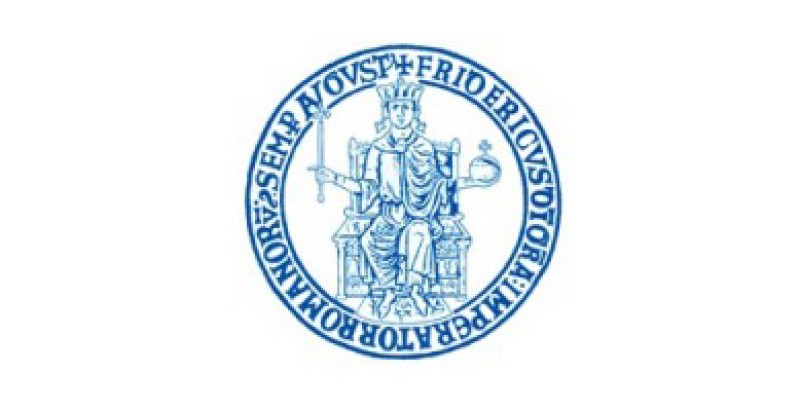PDW 06 [SWGs 09 & 13 + ST 47]: Creative Leadership: Multi-Context Investigations
Call for Applications
Speakers:
Mukti Khaire, Harvard Business School, USA
Charalampos (Babis) Mainemelis,
ALBA Graduate Business School at The American
College of Greece
Paola Cillo, Università Bocconi, Italy
Israel
Drori, Tel Aviv University, Israel
Massimo Maoret, IESE Business School, Spain
Miguel Pina e Cunha, NOVA SBE, Portugal
Facilitators:
Isabelle Bouty, Université Paris Ouest, Nanterre, France
Luca Giustiniano,
LUISS Business School, Italy,
Mary Kakarika, NEOMA Business School, France
Marie-Leandre Gomez, ESSEC Business School,
Cergy Pontoise, France
Stefan Meisek, Copenhagen Business School, Denmark
Barbara Slavich, IESEG, Paris, France
Marc Stierand, Ecole Hotelière de Lausanne, Switzerland
This PDW seeks to bring together contributions across
several SWGs (SWG 09 on Art, Design and Organization; SWG 13 on Creative Industries) – and sub-theme 47 at the EGOS Colloquium
2016, and connect them with recent work on creative leadership. Leadership and creativity are probably two of the most researched
areas in the management field. For several years, special attention has been devoted to understanding leadership processes,
traits and behaviors, its antecedents, outcomes and boundary conditions (e.g., Gardner et al., 2010; Yukl, 2010). There is
also a wealth of scholarly work that has focused on understanding the creative processes of individuals, groups, and social
networks (e.g., George, 2007; Shalley & Zhou, 2008; Shalley et al., 2004). In recent years, a rapidly increasing body
of studies has begun to integrate both streams and to undertake in-depth examinations of creative leadership forms across
various contexts of creative work.
It has been indicated that creative leadership is a compex, multi-faceted phenomenon
that requires interdisciplinary and multiple level empirical work. The paradoxes of creative leadership have also been documented.
Recently, Mainemelis, Kark and Epitropaki (2015) integrated the dispersed and fragmented literature on leadership and creativity
into a unified multi-context framework of creative leadership. They identified three contexts (facilitating, directing and
integrated) and viewed creative leadership as residing not within leaders, followers, or industries, but rather, within the
dynamic interplay among all constituting players and factors. They concluded that there is need for "novel empirical investigations,
more nuanced theories, and more synthetic portrayals of creative leadership in organizational settings" (p. 464).
Our PDW aims to offer an open space for a dialogue on the role of leadership for creative organizing and creative outcomes,
on existing manifestations of creative leadership in creative and non-creative contexts, as well as on the possible dark side
of creative leadership. Specifically, some of the issues we are interested in addressing are:
- Which new theoretical and empirical directions can the study of creative leadership take to address the above documented complexity and resolve existing paradoxes?
- Which social-structural factors (e.g., industry types, degree of professionalization, stratification, institutionalization, professionalization, roles, and normative expectations, weight on exploration vs exploitation) as well as organizational characteristics (such as permanent, temporary and networked organizational forms) can influence the emergence of creative leadership?
- Which manifestations of creative leadership can be associated with incremental or radical levels of creativity and innovation?
- What is the role of play (as well as of human daily activities such as curiosity, imagination and day and night dreaming for creative leadership enactment?
- Which identity dynamics can affect creative leadership manifestations?
- What are the dark sides of creative leadership and how can it contribute to creative deviance?
The PDW will be structured in two main parts. In the first part, invited speakers
will reflect on the evolution of theories, methods and empirical work that focus on creative leadership, creative organizing
and creative outcomes in multiple organizational settings (both in the creative industries and elsewhere). In the second part,
participants will have the possibility to discuss and develop their working papers with senior scholars in a workshop setting.
The event will be concluded with a collective discussion around new avenues on creative leadership research.
Facilitators
will be assigned to working papers and discuss the articles in small groups.
Application
We invite working papers (conceptual or empirical) that focus on leadership, followership and creativity in multiple contexts and from multiple epistemological viewpoints. We also invite papers that adopt critical perspectives and actively challenge the notion of creative leadership. While the workshop is open to all submitters, priority will be given to early career scholars as well as PhD students with research ideas under development.
- Please submit – via the EGOS website! – a single document (. doc, .docx or .pdf file) of application that includes:
- On the first page: a short letter of application containing full details of name, address (postal address, phone and email), affiliation (date of PhD completion for early career scholars), and a statement of why you consider it valuable to attend the workshop.
- A draft/working paper (between 800 and 1,000 words, incl. text, references, figures & tables).
References
- Gardner, W.L., Lowe, K.B., Moss, T.W, Mahoney, K.T, & Cogliser, C.C. (2010): "Scholarly leadership of the study of leadership: A review of The Leadership Quarterly's second decade, 2000–2009." The Leadership Quarterly, 21, 922–958.
- George, J.M. (2007): "Creativity in organizations." Academy of Management Annals, 1, 439–477.
- Mainemelis, B, Kark, R. & Epitropaki, O. (2015): "Creative leadership: A multi-context conceptualization." Academy of Management Annals, 9 (1), 393–482.
- Shalley, C. E., & Zhou, J. (2008): "Organizational creativity research: An historical overview." In: C.E. Shalley & J. Zhou (eds.): Handbook of Organizational Creativity. New York: Lawrence Erlbaum Associates, 3–31.
- Yukl, G. (2010): Leadership in Organizations. Prentice Hall.


